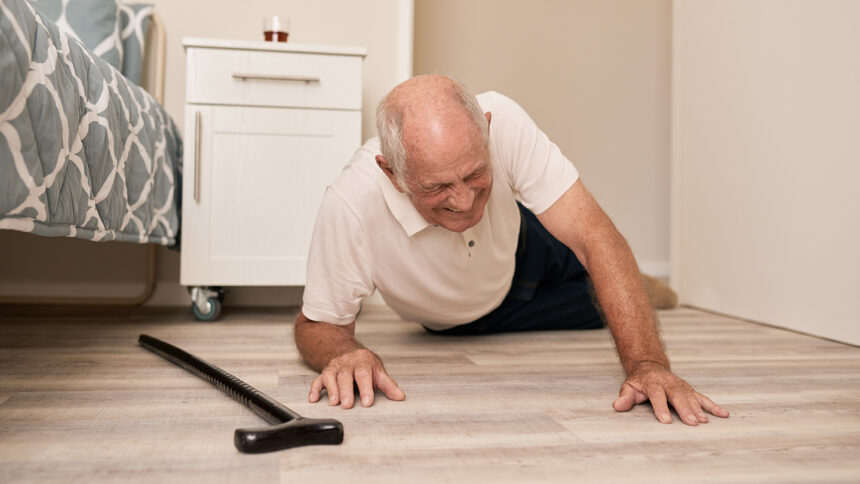
A new study pinpoints specific fall risk factors for people with mild cognitive impairment. The research was published in JAMDA.
The team used data from a group of 1,416 older adults aged 65 or more years who were French. Of them, 13.5% fell at least once during the two-year study period.
People who had MCI and fell had lower scores for executive function, balance and gait on tests. Living solo was significantly linked to falls. The study looked at independent activities of daily living limitations and not physical measures that are closely tied to falling.
In a multivariable analysis, these things were associated with falls: age, gender, the number of limitations in ADLs and living alone.
Risk factors for falling in people living with dementia seemed to be similar to risk factors for those who were otherwise healthy. But people with MCI tend to live alone, be depressed and have reduced muscle strength — all risk factors for taking a spill.
Interestingly, the people who fell were shorter than those who didn’t fall. The team said that finding may be due to changes in posture or having osteoporosis.
When they adjusted to include people aged more than 75, they noted that executive disorders were significantly tied to having at least one fall.
“The association between cognitive impairment and the risk of falls varies with the severity of cognitive impairment,” the authors said in a statement. A 2021 study found that cognitive impairment increased a person’s risk for falling because cognition plays an important role in gait control. Those researchers found that older adults who had dementia fell two to three times more than older people with good cognitive health. Anywhere from 60% to 80% of people with dementia fall each year. But intervening with cognitive training can work to reduce falls, a study out this year found.




